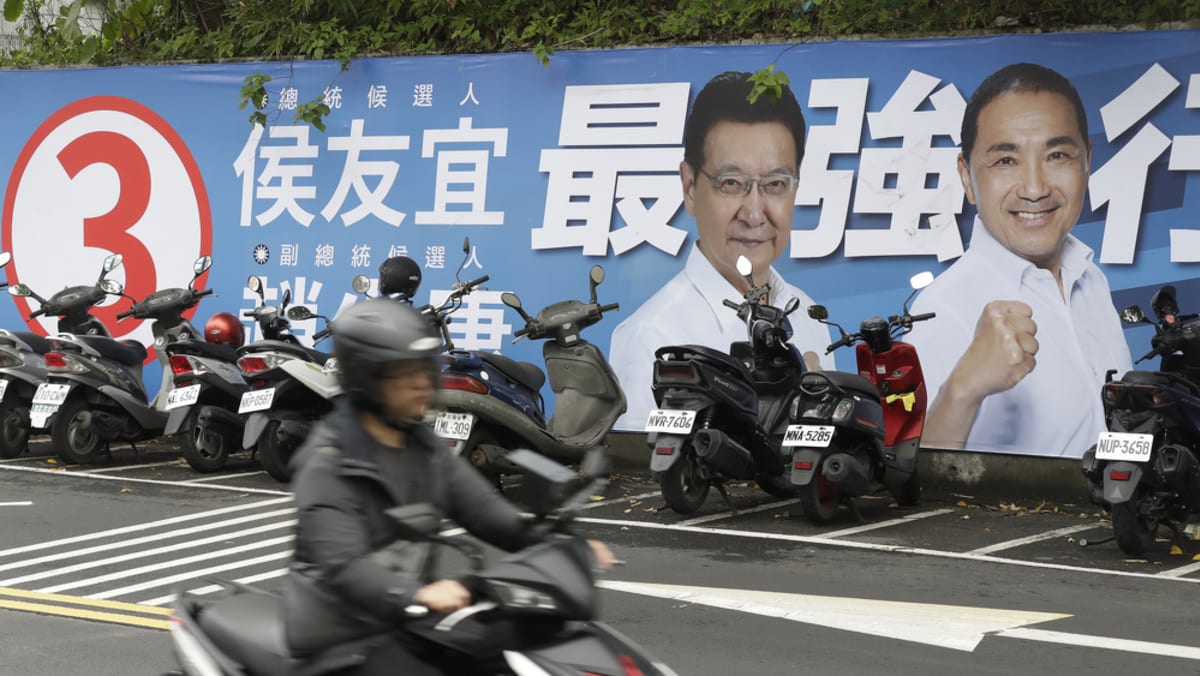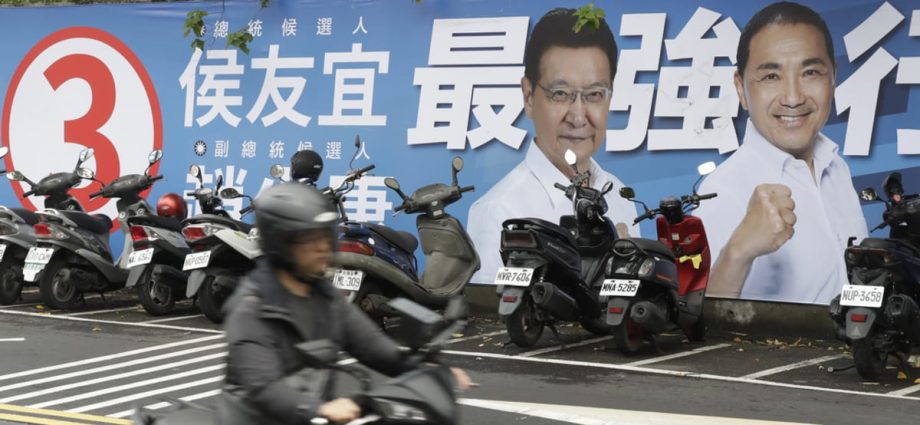
DIALOGUE WITH BEIJING
The DPP’s presidential candidate William Lai has said he is open to dialogue with Beijing, but the possibility remains remote after he flatly rejected the 1992 consensus — the “one China” principle — which Beijing insists forms the basis of any engagement between both sides.
On the other hand, the Kuomintang and Taiwan People’s Party are keen to restart high-level talks and explore trade agreements with Beijing.
While there has been speculation about a possible easing of cross-strait relations if the pan-blue camp, which favours closer ties with China, wins the presidency, political science Professor Chang Chun-Hao from Tunghai University said there are other factors at play.
“Given the CCP’s (Chinese Communist Party) increasing consolidation of authoritarianism, it’s unlikely that the situation will completely change just because the blue camp wins. Therefore, I believe it’s crucial for Taiwan to stand firm on national stability regardless of the election outcome,” he said.
He noted that in recent years, Taiwan has received substantial support from the international community through its diplomatic approach.
“Especially in the past, cross-strait relations were purely between Taiwan and China. Now they have become an international issue. No matter which candidate wins the election, he must safeguard the island’s democratic values and (be more selective) with international allies,” he said.
ENSURING TAIWAN’S SECURITY
While China has stepped up military and diplomatic pressure on the DPP government for advocating the island’s independence, the chances of Chinese President Xi Jinping taking any action are “currently relatively low due to numerous internal challenges”, said Prof Chang.
“But entering his fourth term facing escalating internal issues, coupled with increased foreign involvement in Taiwan, he might be compelled to respond,” he noted.

